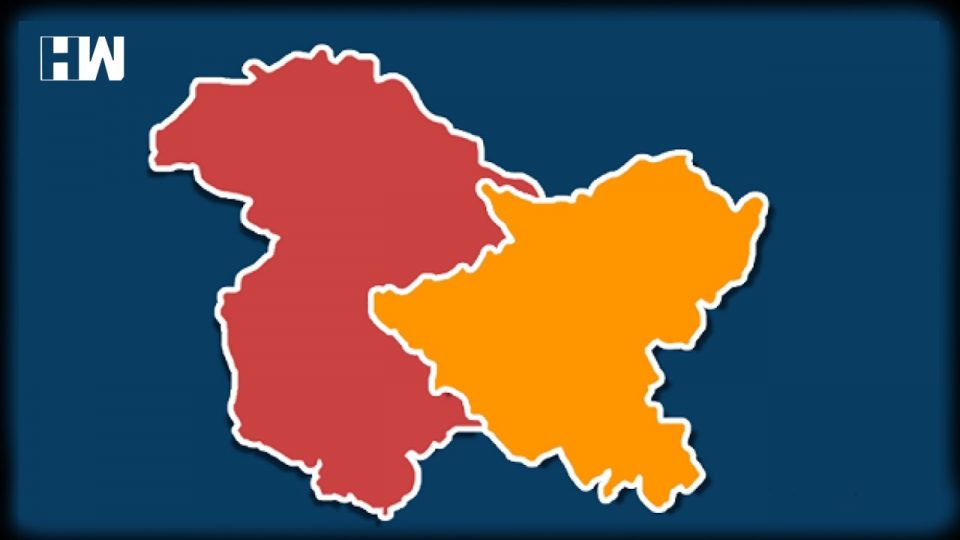New rules say those who have studied in J&K for 7 years and appeared in either Class 10 or Class 12 exam will also be eligible for J&K domicile certificates.
New Delhi: The Union government has notified new rules defining domicile for the Union Territory of Jammu and Kashmir. According to this, any person residing in J&K for 15 years, children of officials working in the UT for a minimum 10 years and migrants who fulfil the stated conditions can be eligible for domicile.
Amending the Jammu and Kashmir Civil Services (Decentralisation and Recruitment) Act of 2010, the gazette notification, J&K Reorganisation (Adaptation of State Laws) Order 2020, introduced section 3A to give domicile rights to any person who has lived in Jammu and Kashmir for 15 years.
The new rule was issued in the latest gazette notification, Section 3A of the Jammu and Kashmir Reorganisation Adaptation of State Laws Order 2020, under the Jammu and Kashmir civil services decentralisation and recruitment Act.
Before August 5 – when the government abrogated the region’s special status under Article 370 of the Constitution and divided it into two Union Territories – the Jammu and Kashmir Assembly was constitutionally empowered to define a resident of the erstwhile state. These defined residents were alone eligible to apply for jobs or own immovable property.
Also Read: “Next move would be in relation of Rohingyas”: Union Minister Jitendra Singh says
The definition was expanded to include “children of those central government officials, all India services officers, officials of Public Sector Undertakings and autonomous body of the central government, public sector banks, officials of statutory bodies, officials of central universities and recognised research institutes of the central government who have served in Jammu and Kashmir for a total period of ten years or children on parents who fulfil any of the conditions in sections.”
The new rules also state that migrants registered by the Relief and Rehabilitation Commissioner need not fulfil the amended requirements.
It is a stark departure from the earlier domicile laws in the state.
Until J&K was stripped of its special status granted under Article 370 and it was bifurcated into two union territories on 5 August last year, Article 35 A of the Constitution empowered the state assembly to define a J&K resident. Only J&K residents were eligible to apply for jobs or own immovable property in the erstwhile state.
The central government’s Tuesday decision comes amid apprehension in the UT that there would be a demographic change in J&K following the scrapping of Article 370, which guaranteed state subjects the right to jobs, owning property and legislating laws. It also comes at a time when J&K, along with the rest of the country, continues to be under a lock-down in the wake of the COVID-19 outbreak.
As an independent media platform, we do not take advertisements from governments and corporate houses. It is you, our readers, who have supported us on our journey to do honest and unbiased journalism. Please contribute, so that we can continue to do the same in future.

